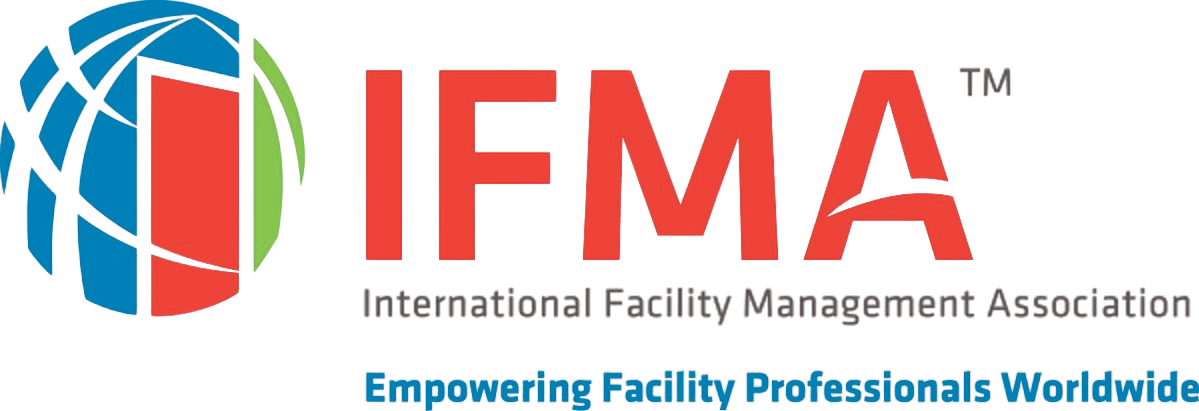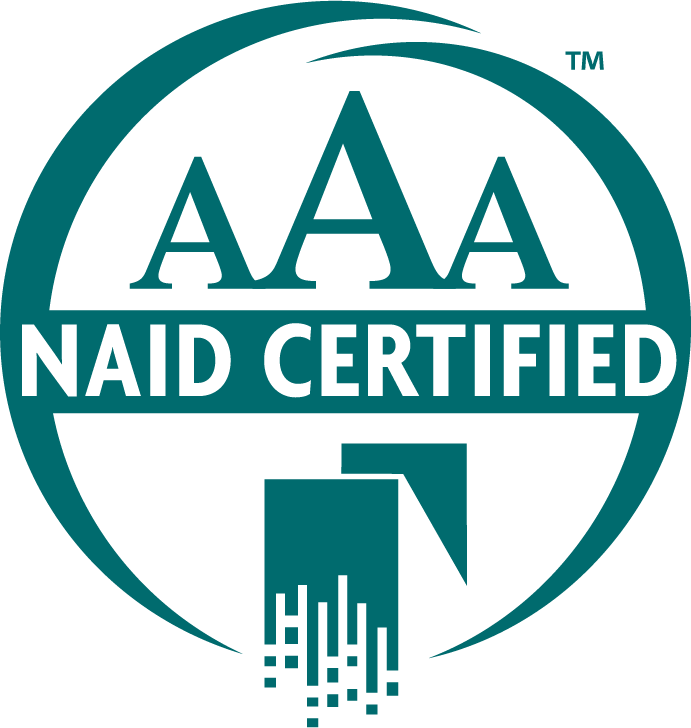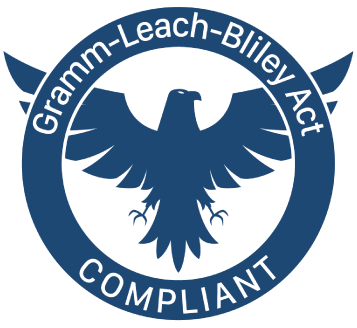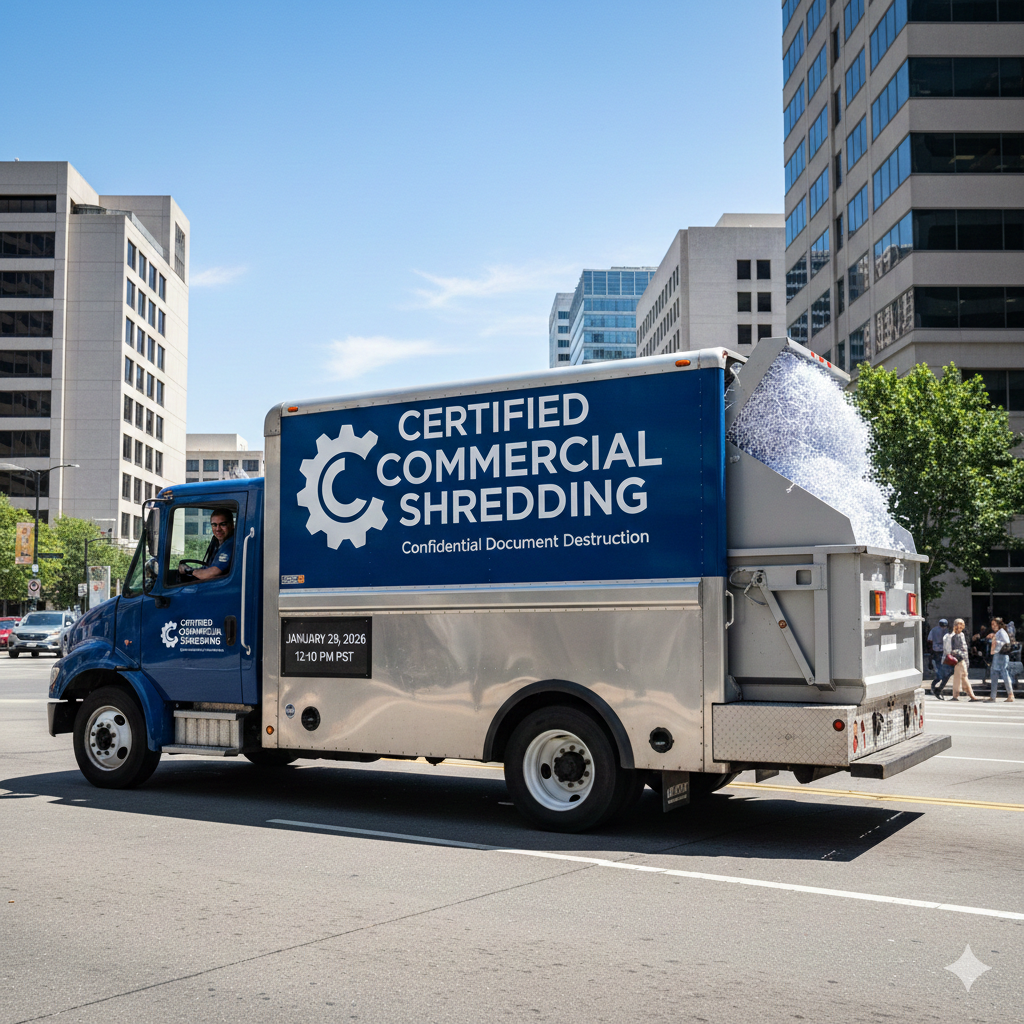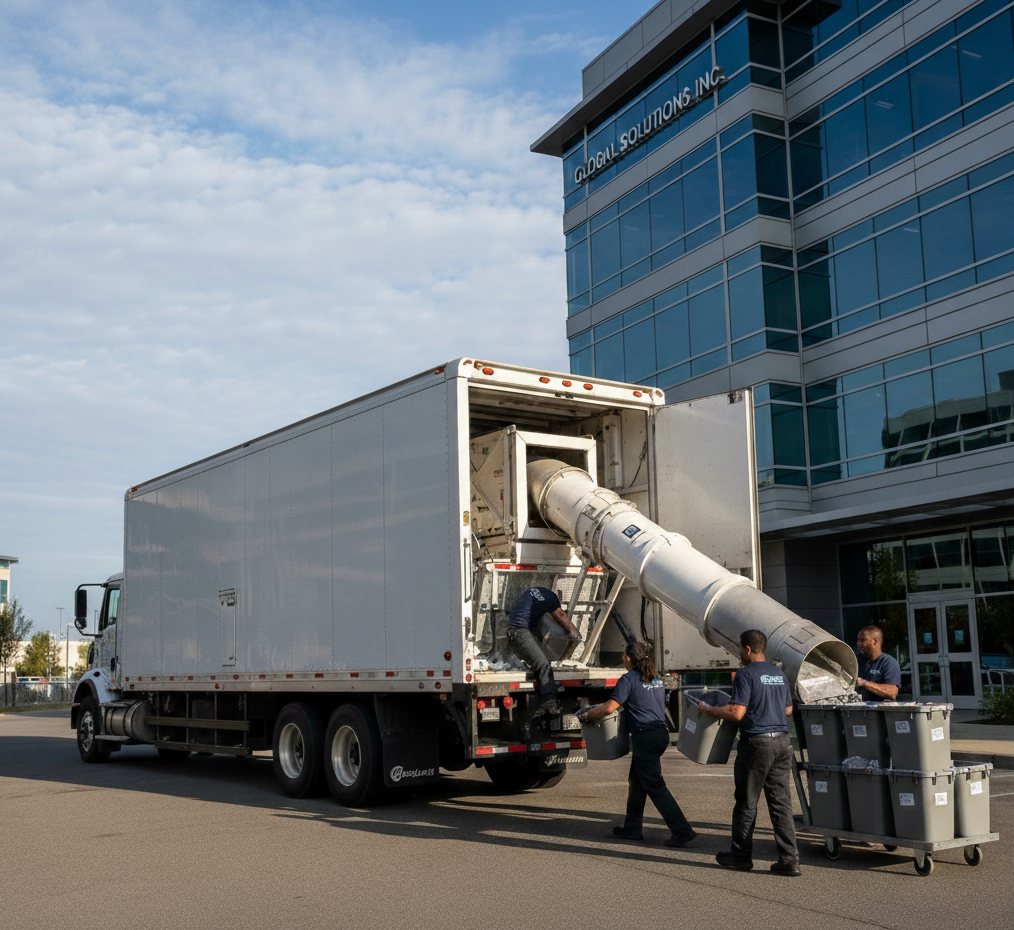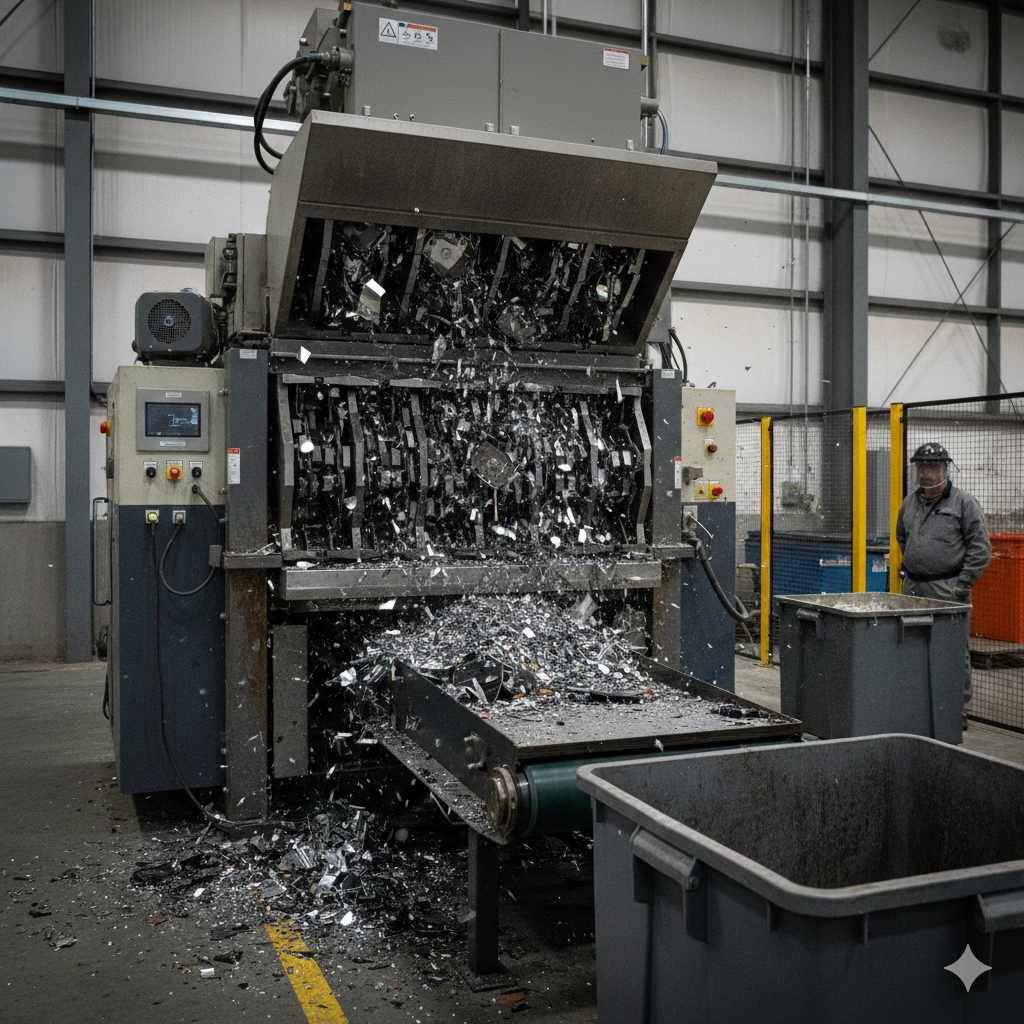Shredding Services in Bay Area CA: Avoid These Costly Mistakes When Disposing of Sensitive Data!
Are You Accidentally Putting Yourself at Risk?
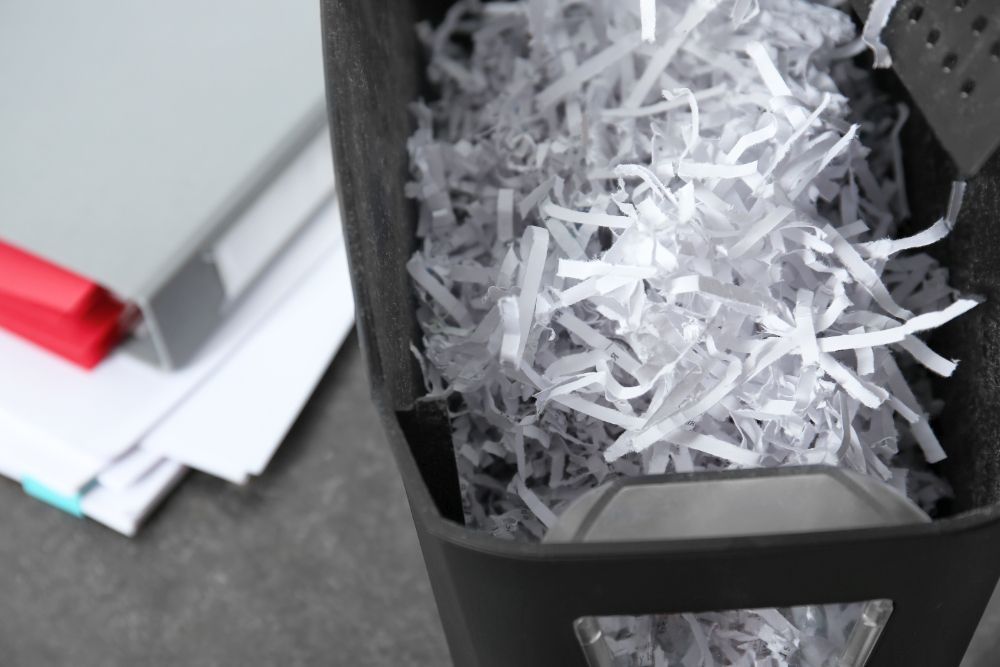
We get it—document disposal isn’t exactly thrilling. You probably have old bank statements, medical records, or tax returns stacked somewhere, waiting for “someday” to be shredded. Maybe you even toss papers in the trash, thinking, “Who would go through my garbage?”
Well, identity thieves would.
At Shredlogix, we’ve seen too many people and businesses fall victim to identity theft, fraud, and legal troubles because of simple shredding mistakes. And if you’re living in the Bay Area, where data security is a big deal, you need to be extra careful.
So, let’s break down the biggest shredding mistakes people make—and how to avoid them like a pro.
Mistake #1: Throwing Away Documents Without Shredding
We’ve all done it—ripped a piece of paper in half, tossed it in the bin, and walked away.
Big mistake.
Thieves know that one person’s trash is another person’s financial jackpot. Dumpster diving is real, and criminals have been caught stealing personal details from discarded mail, credit card statements, and even medical records.
What Can Happen If You Trash Documents Instead of Shredding?
- Identity theft – Your name, address, and financial info could be stolen and used to open accounts in your name.
- Credit card fraud – Pre-approved credit card offers in the trash? A thief could apply for a card in your name.
- Data breaches for businesses – If you run a company and toss sensitive files, you could face huge fines and legal trouble.
The Fix: Always shred before you toss. Use a professional shredding service for secure disposal and peace of mind.
Mistake #2: Relying on a Personal or Office Shredder
You might think, “I have a home shredder—problem solved!”
Well, not exactly.
Most home and office shredders use strip-cut shredding, which isn’t very secure. In fact, a determined criminal could reassemble shredded strips like a puzzle. (Yes, it’s happened before!)
Why Office Shredders Aren’t Enough
They jam easily: Have you ever fought with a paper shredder? It’s frustrating and time-consuming.
They’re slow: Shredding a few papers? Fine. But hundreds of pages? You’ll be at it all day.
They don’t destroy data completely: Many shredders leave paper readable enough to piece back together.
The Fix: Professional shredding services use industrial-grade shredders that cross-cut and destroy documents into tiny, unrecoverable pieces.
Mistake #3: Forgetting to Shred Hard Drives & Digital Storage
Here’s a fact that surprises people: erasing a hard drive doesn’t actually delete the data.
- Simply deleting files leaves them recoverable.
- Wiping a hard drive? Hackers can still extract data.
- Tossing an old computer? Someone could access your emails, passwords, and financial records.
Why Hard Drive Shredding is a Must in the Bay Area
Tech companies, law firms, healthcare providers, and even individuals store a massive amount of sensitive data digitally. If old hard drives aren’t properly destroyed, they could fall into the wrong hands.
The Fix: Use professional hard drive shredding to physically destroy hard drives, USBs, and other digital storage devices. At Shredlogix, we crush them into tiny, irretrievable pieces—making sure your data is gone forever.
Mistake #4: Holding Onto Documents for Too Long
Ever opened a filing cabinet and found decades-old receipts, expired contracts, or tax returns from the 90s?
Keeping sensitive records too long can increase your risk of identity theft. If those documents are stolen, lost, or misplaced, they could expose personal or business data.
How Long Should You Keep Certain Documents?
- Bank Statements – Shred after 1 year (unless needed for taxes).
- Tax Returns – Keep for 7 years, then shred.
- Medical Records – HIPAA rules vary, but most should be shredded after 7 years.
- Credit Card Statements – 1 year, unless needed for disputes.
- Employee Records – Keep 4-7 years after termination.
The Fix:
Set a
shredding schedule
to safely dispose of old documents at regular intervals.
Shredlogix offers one-time and recurring shredding services to keep you on track.
Mistake #5: Ignoring Compliance & Privacy Laws
If you own a business in the Bay Area, failing to shred sensitive documents isn’t just risky—it’s illegal.
- HIPAA (Health Insurance Portability and Accountability Act): Medical offices must securely dispose of patient records.
- FACTA (Fair and Accurate Credit Transactions Act): Businesses must properly destroy consumer data.
- GLBA (Gramm-Leach-Bliley Act): Financial institutions must follow strict document disposal regulations.
If a company improperly discards sensitive information and it leads to a breach, they could face massive fines, lawsuits, and reputation damage.
The Fix: Use a shredding service that provides a Certificate of Destruction—like Shredlogix! This proves your documents were securely shredded in compliance with the law.
Why Choose Shredlogix?
- Unmatched Security & Compliance: HIPAA, FACTA, GLBA, and NAID-certified shredding solutions.
- Convenient & Flexible Service: On-site shredding at your location or secure off-site disposal.
- Locally Owned & Minority-Owned: Serving Silicon Valley and the entire Bay Area.
- Scalable Solutions: Ideal for both businesses and individuals with bulk or recurring needs.
- Trusted by Top Companies: We serve tech giants, hospitals, law firms, and financial institutions.
- Eco-Friendly & Sustainable: 100% green recycling, ensuring responsible disposal with zero landfill waste.
Take Action: Protect Your Sensitive Data Today!
If you’re making any of these costly shredding mistakes, don’t wait until it’s too late.
Your privacy matters—let’s keep it that way.




